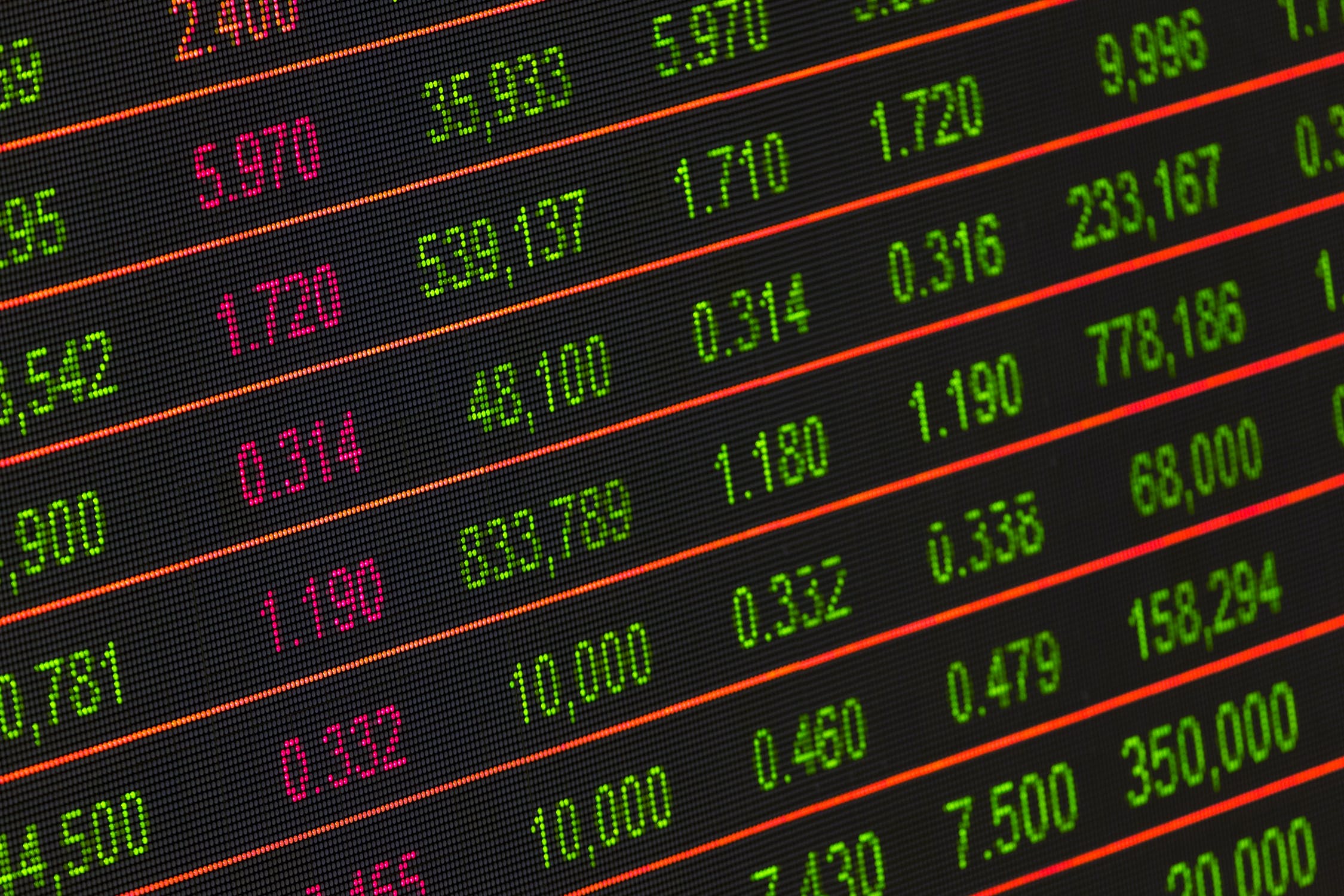Good morning,
Stock prices fell sharply last week as fears of a pandemic spread around the globe. The Dow Jones Industrial Average dropped 12.4%, the NASDAQ Composite lost 10.5% and the Standard & Poor’s 500 Index skidded 11.5%. This was the worst weekly performance for the stock market since the financial crisis, as worries over the coronavirus (now called COVID-19) and its impact on the global economy rattled the markets and spooked investors.
Thursday’s 1,190 point drop in the Dow Jones Industrial Average was its biggest one day point loss ever. The benchmark S&P 500 is now 13% below its all-time high reached on February 19th, and is firmly in correction territory (defined as a drop of 10% or more from the high).
Even after all of the tumult in the last two weeks, we believe that the market was very complacent at the beginning of the COVID-19 news hitting the world, which was in early December and the market is simply playing catch-up in realizing that the impact is worse than it had been calculating through the recent high. The S&P 500 is down 5.5% since the end of November 2019, so we do believe that the recent volatility was a reaction to an ignorance of the problem in the last few months.
The number of cases of COVID-19 are increasing in number and spreading geographically, with a spike in cases in South Korea and Italy. Over the weekend new cases were reported here in the US. When the market is uncertain and cannot quantify major events, it often shoots first and asks questions later. We are not experts in virus transmission, and we are not going to follow that disclaimer up with a prediction on what course the virus might take (the way many people seem to do). But we will discuss some stock market philosophy/history.
The world is only going to end once, and we don’t think it will be because of the COVID-19. Looking back over history, the stock market has recovered from things such as the Great Depression, the Second World War, the stagflation of the 1970s, the Asian Contagion (a different kind of virus), the dot-com bubble of 1999-2000, SARS (Severe Acute Respiratory Syndrome), the housing bubble, and the Great Recession.
After all those things and many more we did not mention – with negative events ranging from government shutdowns, earnings recessions, and terrorist attacks – the market hit an all-time high less than two weeks ago! Past performance is no guarantee of future results, and no one (including us) can tell you what is going to happen in the future, but we do believe that the market and the economy will recover and it is most important to maintain a level headed approach with the most important factor being your objectives, time horizon and risk tolerances.
All the best – Southport Station Financial Management, LLC


